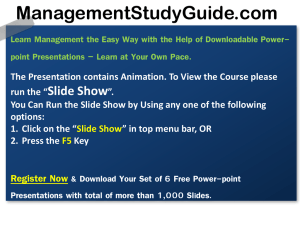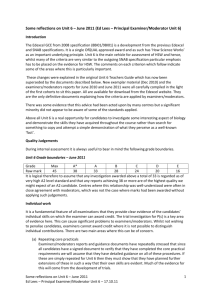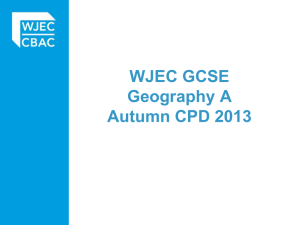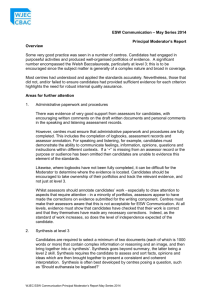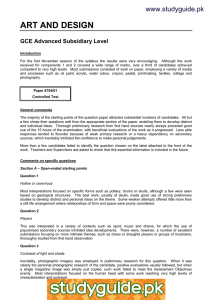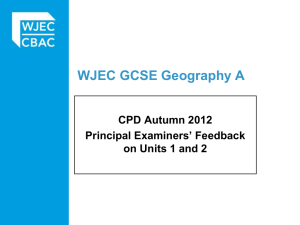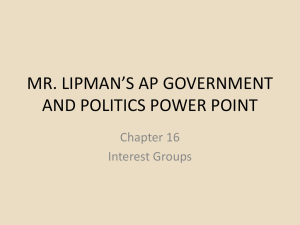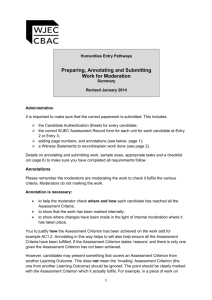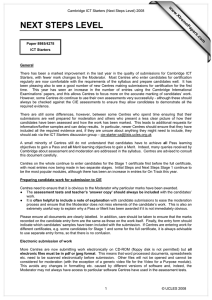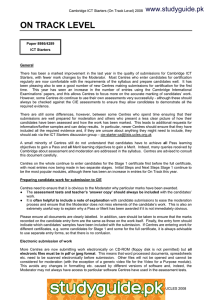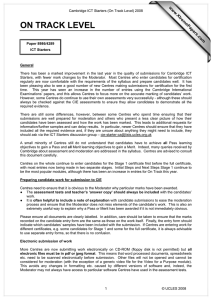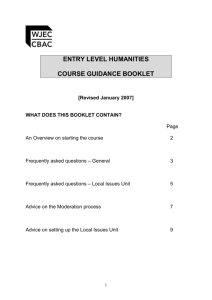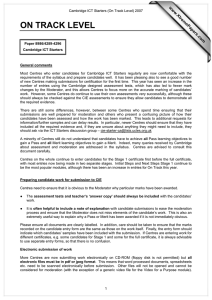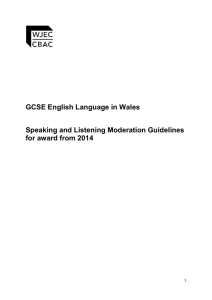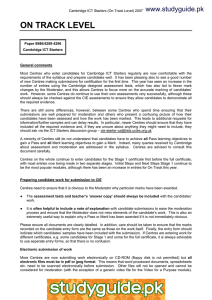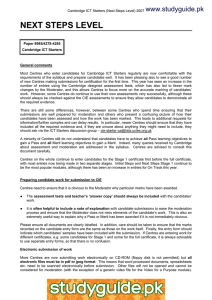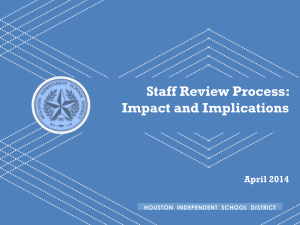ENTRY PATHWAYS HUMANITIES
advertisement
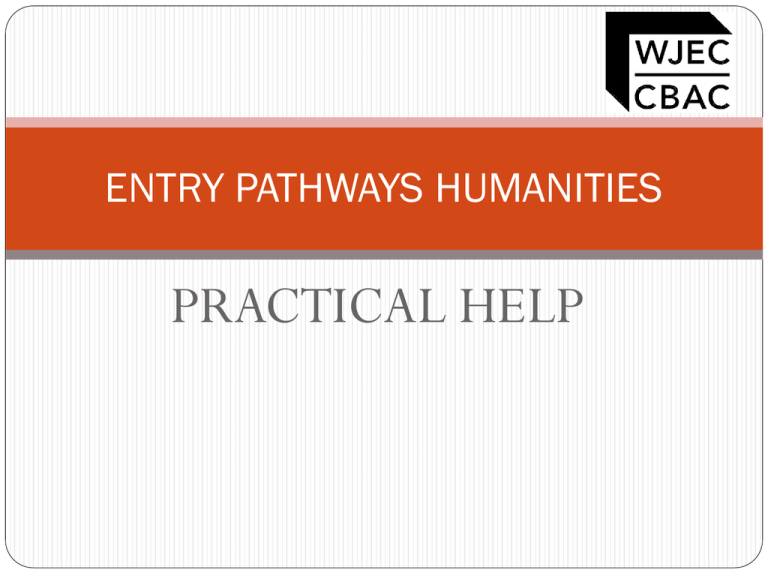
ENTRY PATHWAYS HUMANITIES PRACTICAL HELP BACKGROUND The learning outcomes and assessment criteria for each unit have still to be accredited by OFQUAL Accreditation should be done by Easter Each unit will have its own mini-specification These will be available on the website only This will be a large document with bookmarks for easy reference PERMITTED COMBINATIONS All combinations will be allowed within the specification This will enable teachers to create a much more flexible course Some of the Humanities units may be suitable for use within other Entry Pathways qualifications. FLEXIBILITY You decide on which units best suit your candidates You decide which level best suits your candidates You decide when you want to enter candidates for credit for each unit You can enter for units each January or each May. Any credits achieved through the course will be banked until candidates are ready to cash-in EXAMPLES Example 1: This centre wants to carry on with a linear approach. Work for all units is submitted in the May of year 2. • Example 2: This centre wants to gain credit at the end of year 1 and at the end of year 2. Work is submitted for 3 units in May of year 1 and for 2 more units in May of year 2. • Example 3: This centre wants to gain credits through the course. Work is submitted for completed units in January and May of year 1 and in January and May in year 2. WHAT WORK HAS TO BE DONE BY CANDIDATES? There is a change here There are no longer any set assessments or tasks available The way of approaching assessment is now very much in the hands of the teacher WJEC will initially suggest activities which should fulfil the criteria A number of consultative moderators will be appointed to advise schools on the suitability of assessments and standards reached Each school will be given access to a consultative moderator WHAT WORK HAS TO BE SUBMITTED FOR CREDIT TO BE GAINED? The work can be: Paper based from class sessions Visual, including photographic evidence Computer based Oral work which is verified by a teacher / adult Collective – outcome of group work WHAT WORK HAS TO BE SUBMITTED FOR CREDIT TO BE GAINED? There is a change here also Centres will now be only entering candidates that have shown attainment of the assessment criteria at that level Moderators will need evidence of work covering all the ACs for the taught unit at the particular level (2 or 3) This could be the work of one candidate or it could be taken from several candidates WHAT WILL THE FINAL MODERATOR DO? For the first few sessions, it is likely that centres will not send final work direct to a specified moderator but will send it to a moderating panel based at WJEC This panel will convene to decide on standards of achievement and consistency among centres. The moderating panel will contain subject experts in each of the Humanities areas WHAT WILL THE FINAL MODERATOR DO? The key decision will be whether the submitted work represents the standard which matches the assessment criteria for that unit for that particular level There must be evidence that all criteria have been met Centres should ensure that work submitted to the moderator should be worthy of the specified standard If the work is deemed not to have achieved the required standard for that level the credit for that unit will not be given to the candidates from that centre. Centres will receive feedback via a report form WHAT WILL IT COST? Likely to be about £6 per entry per unit Likely to be a capping of about £24 for a certificate (up to about 5 / 6 units)
